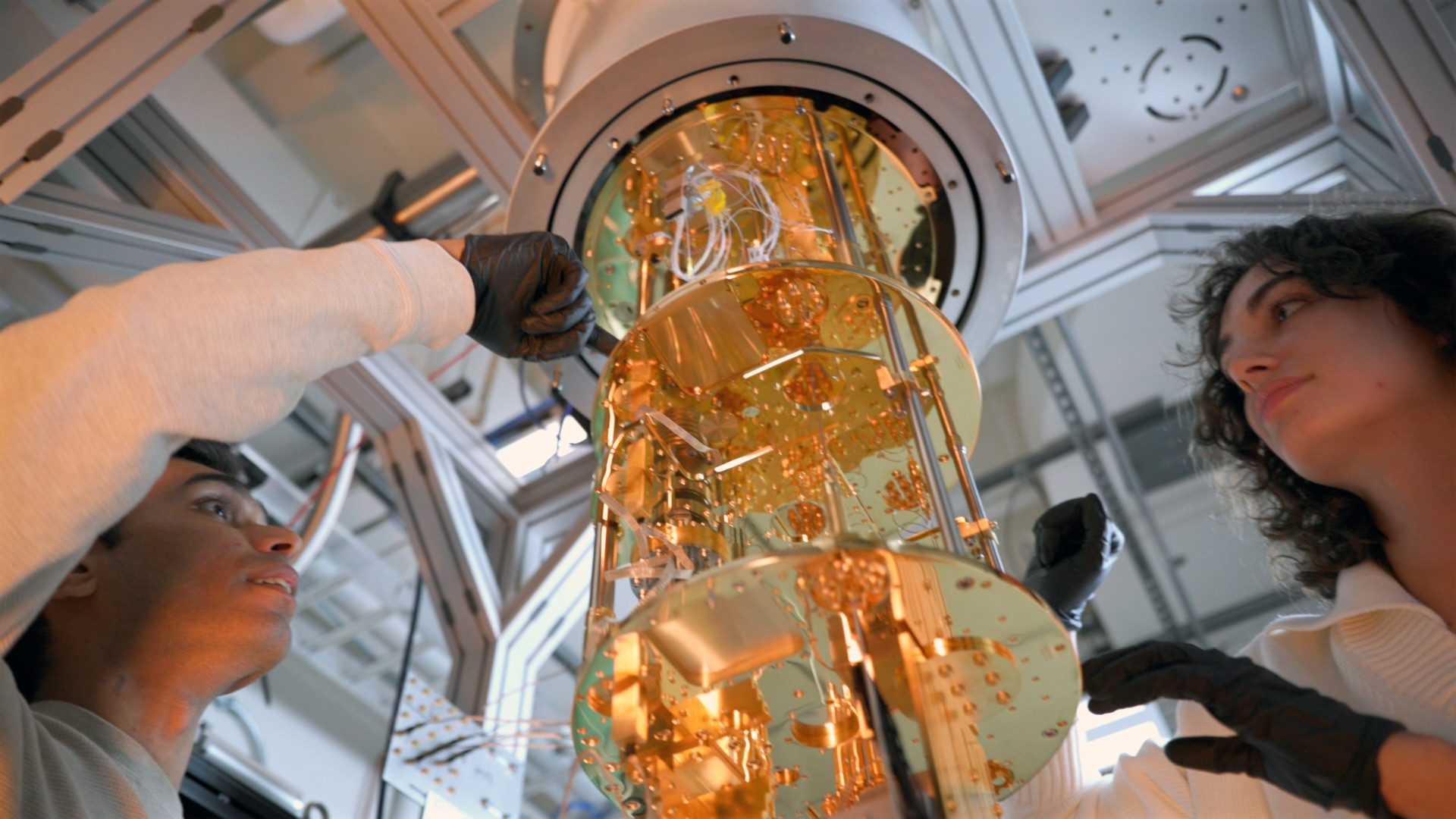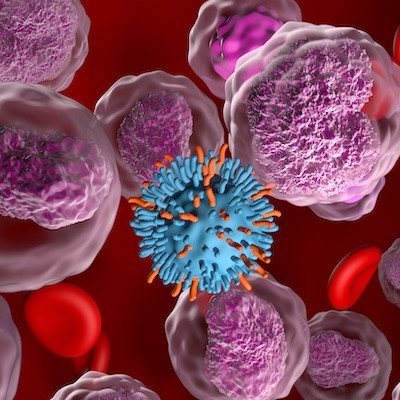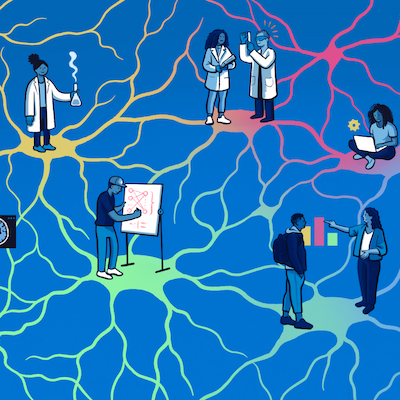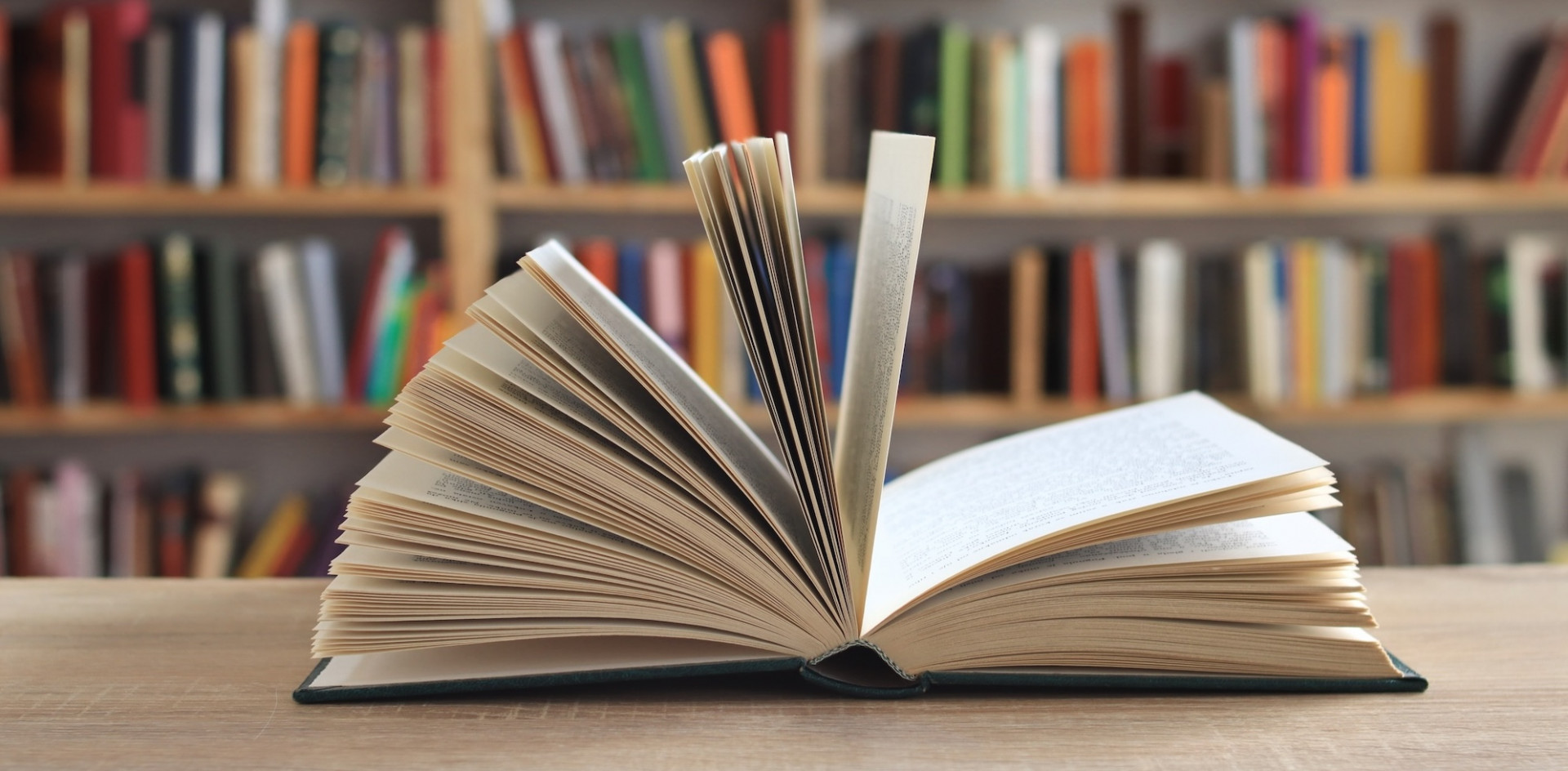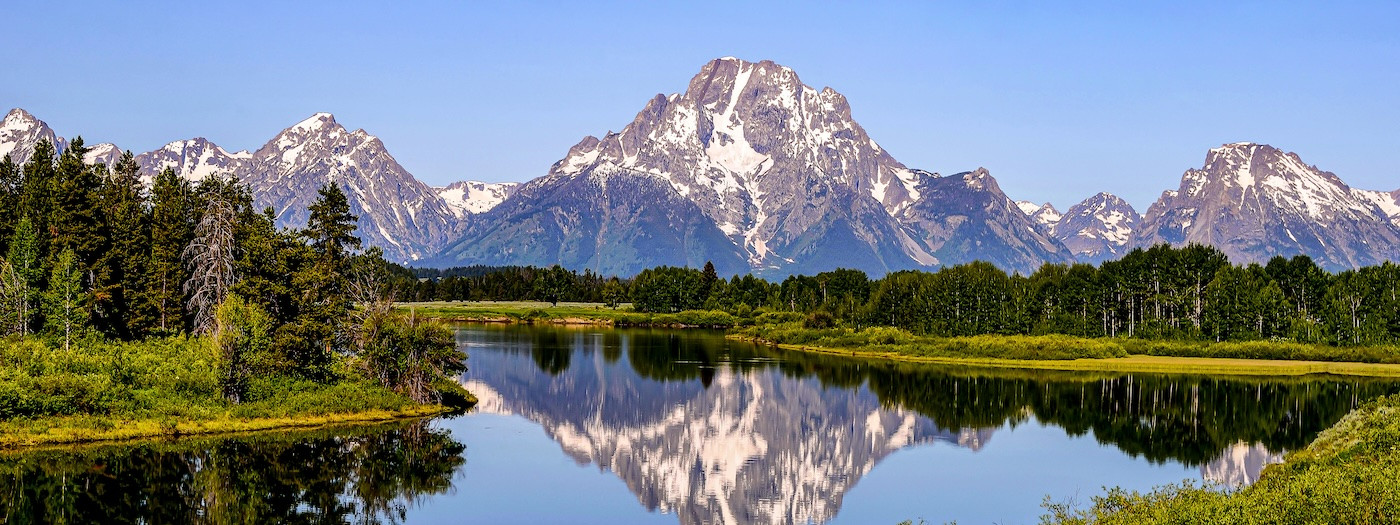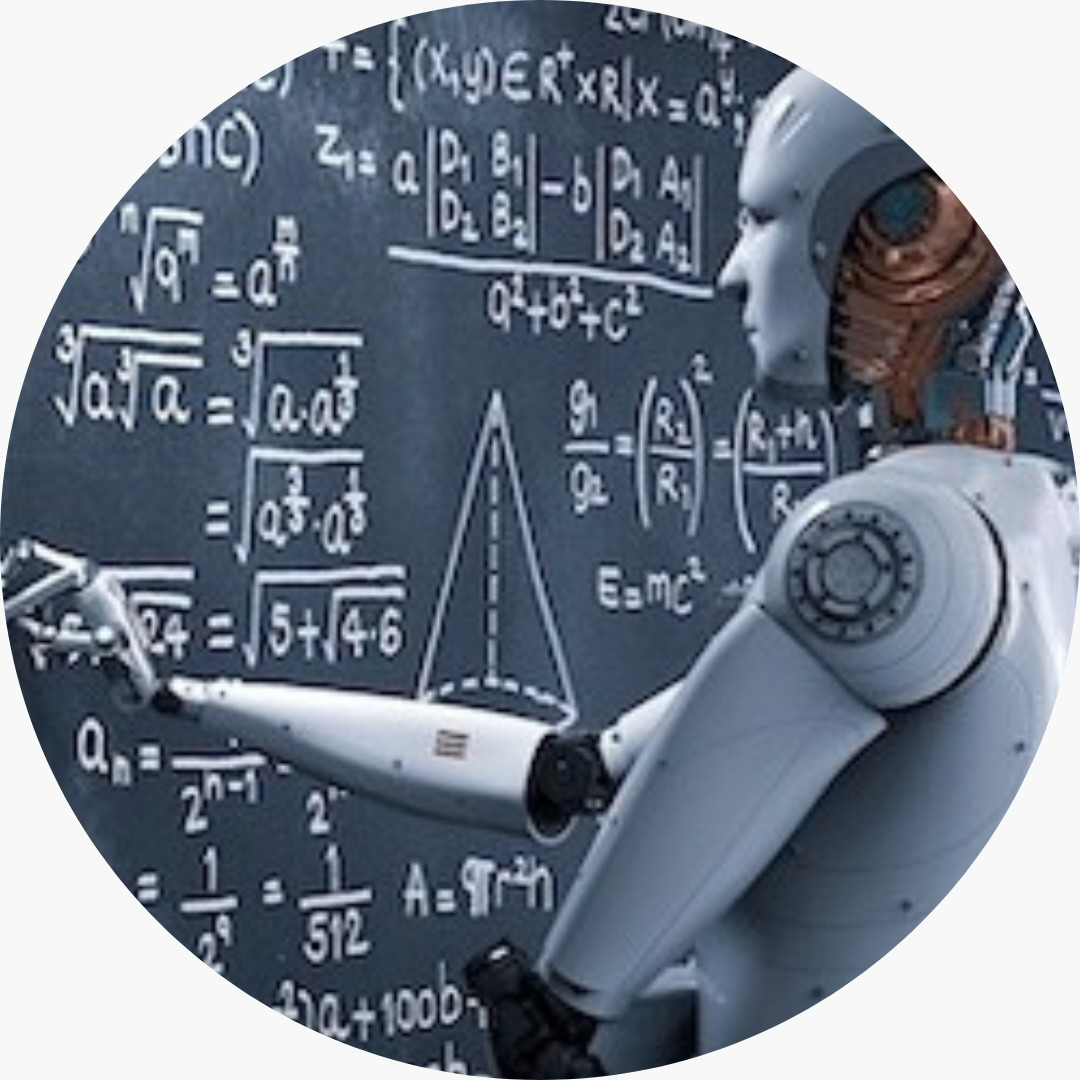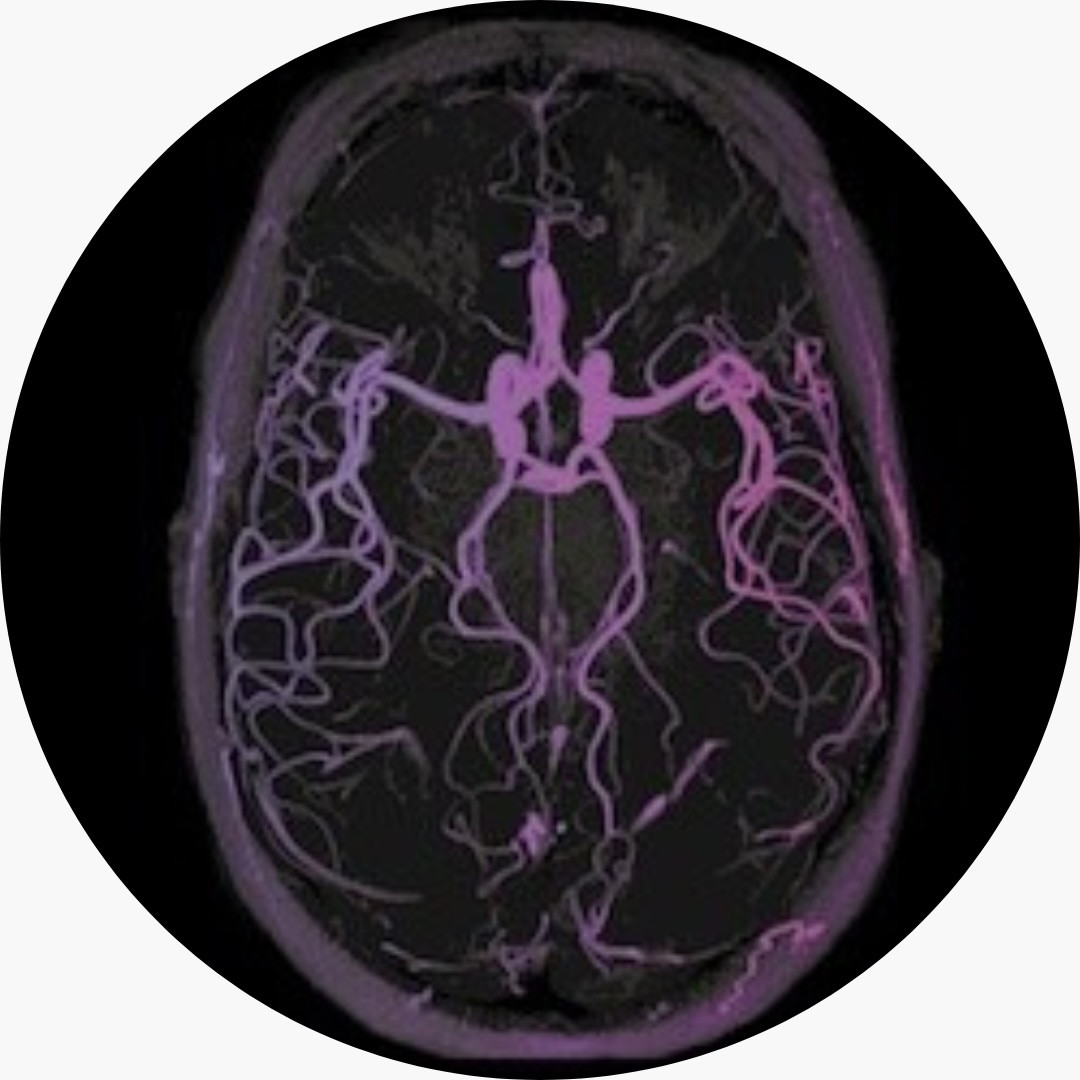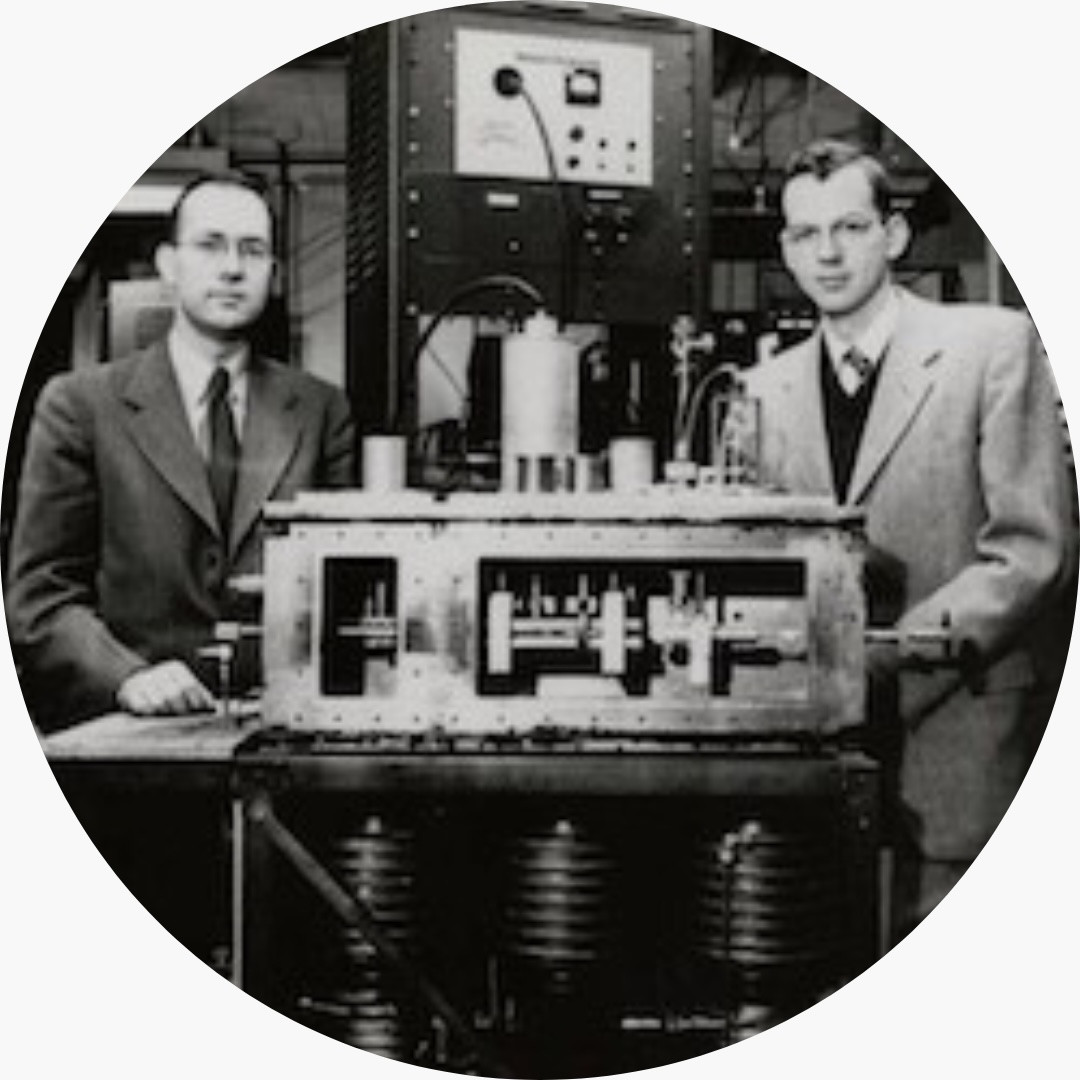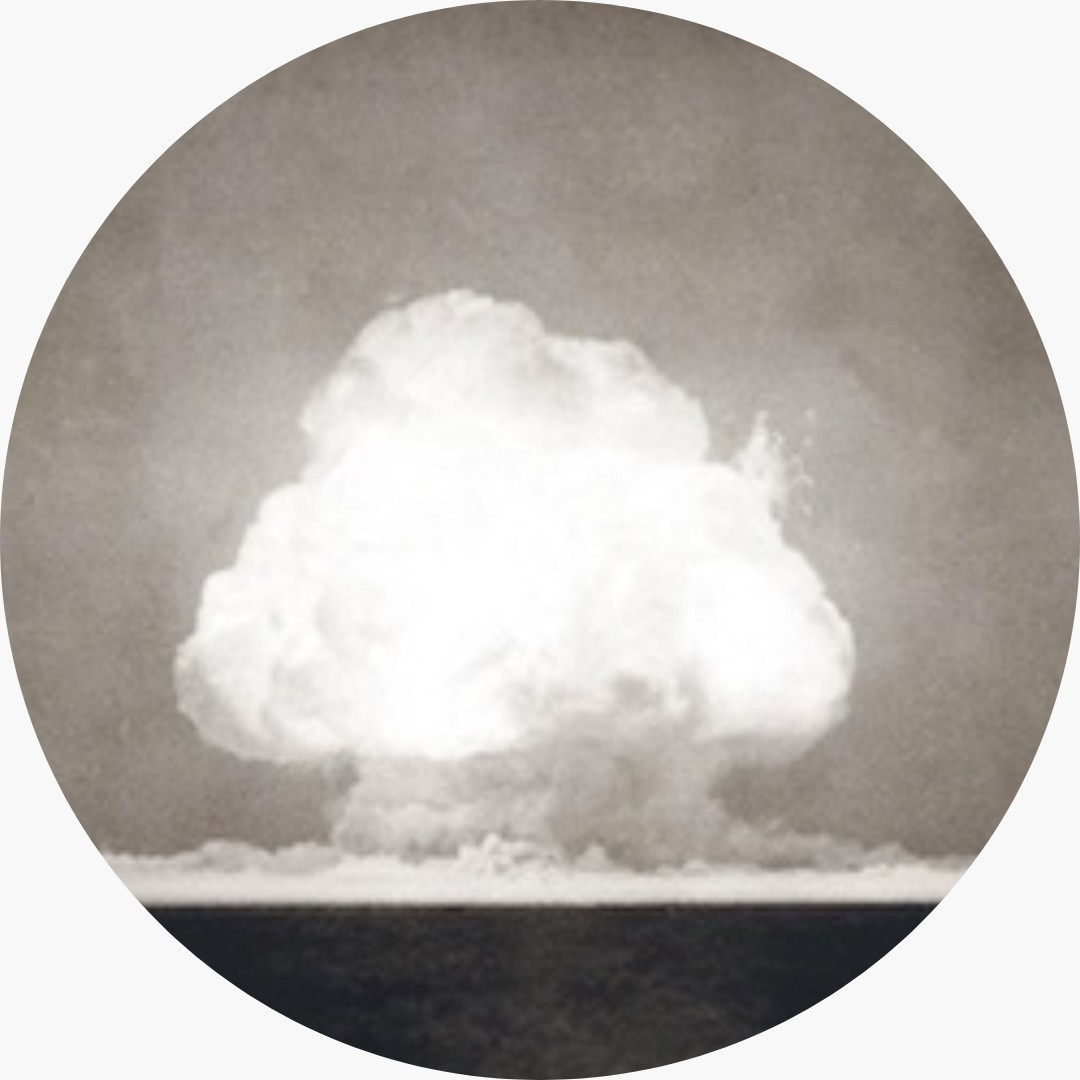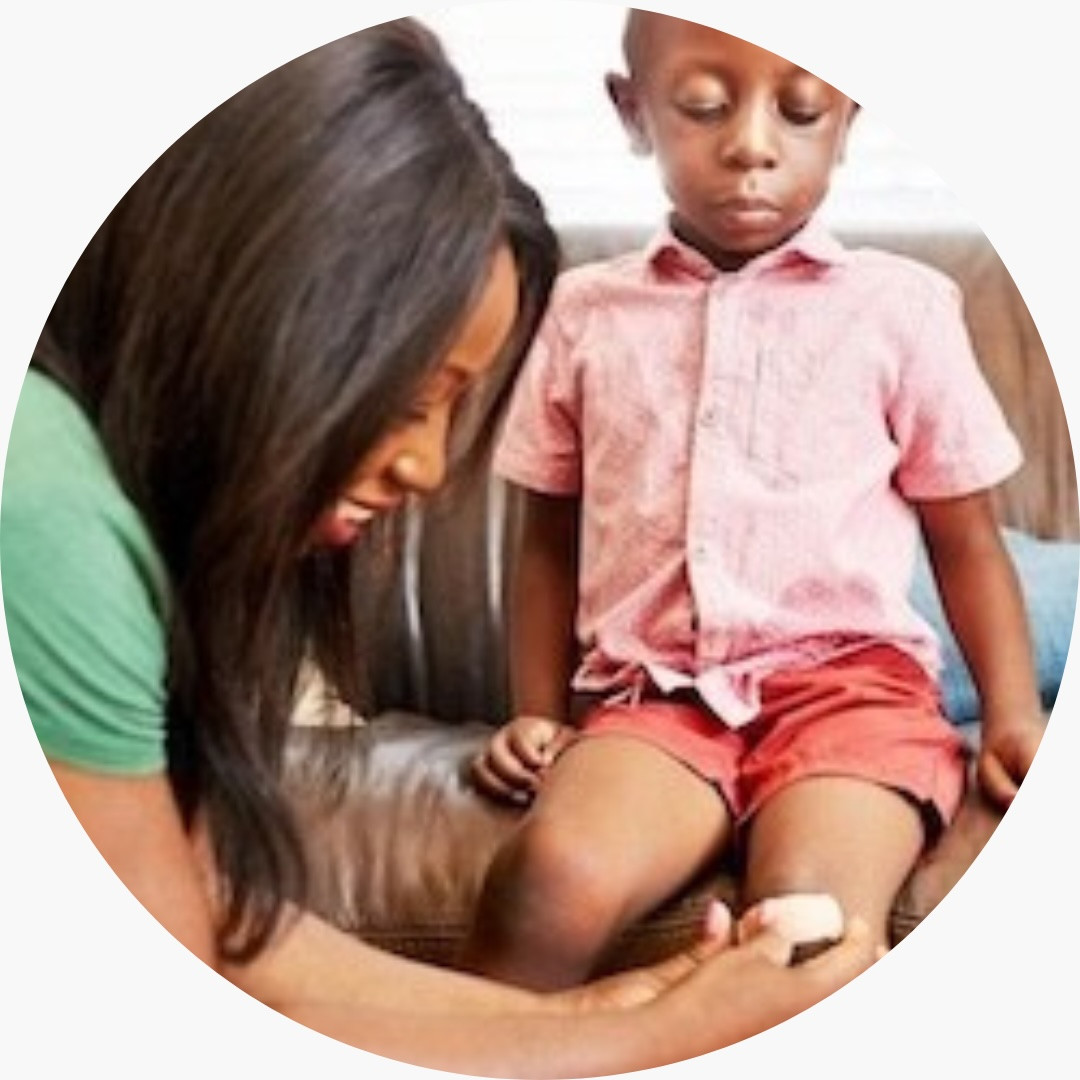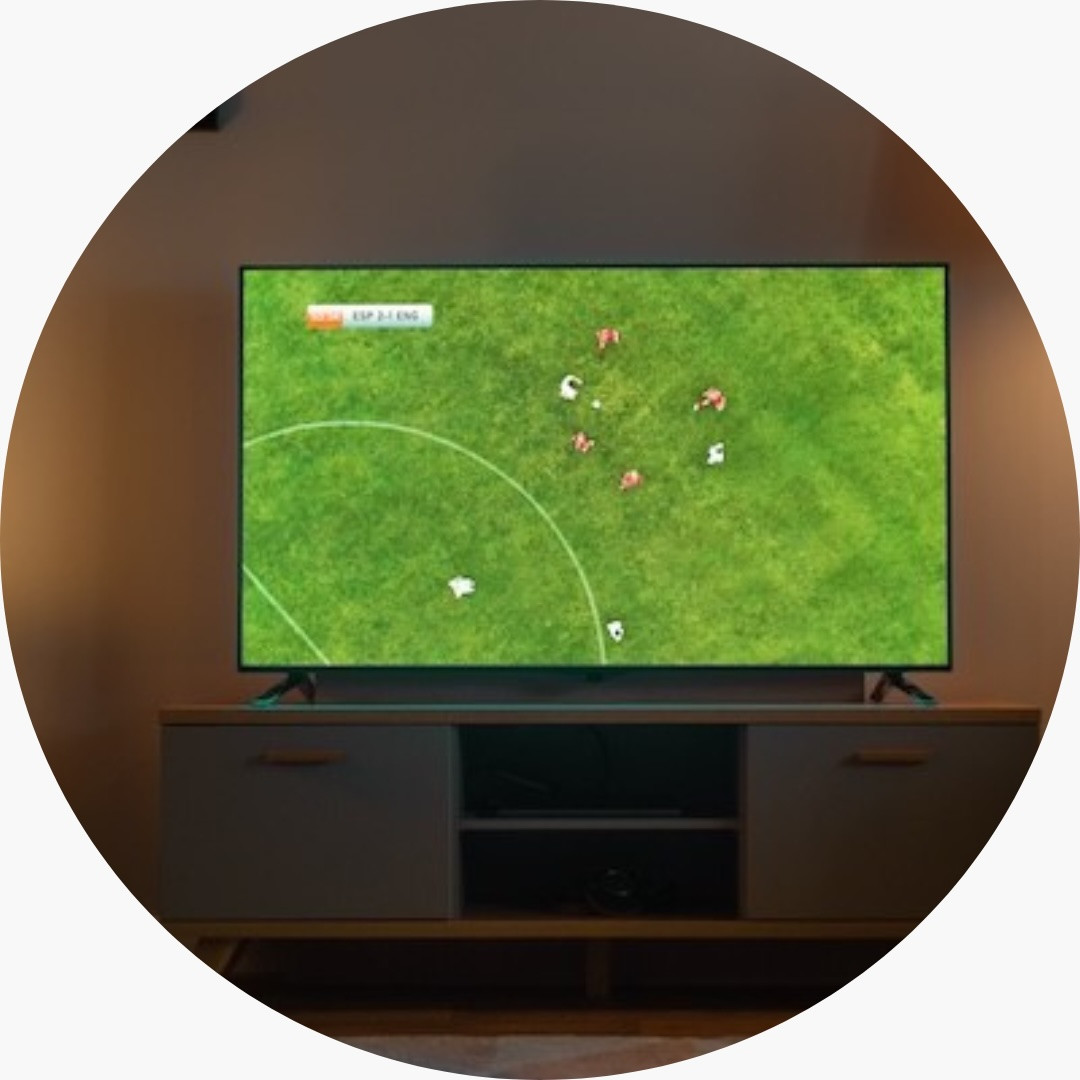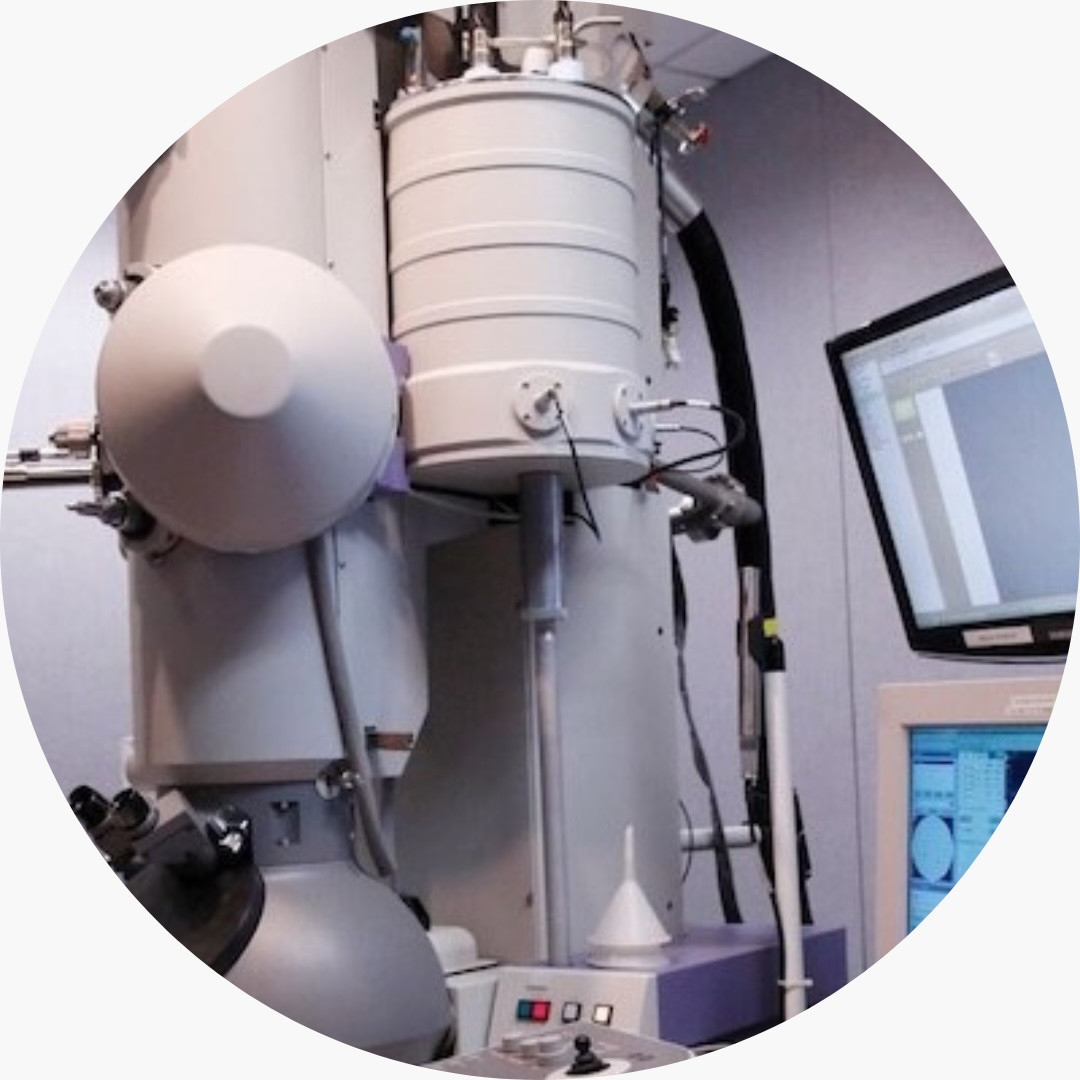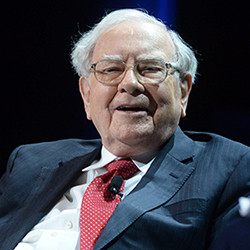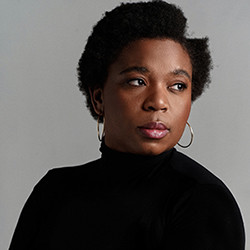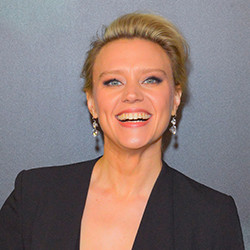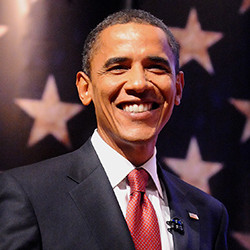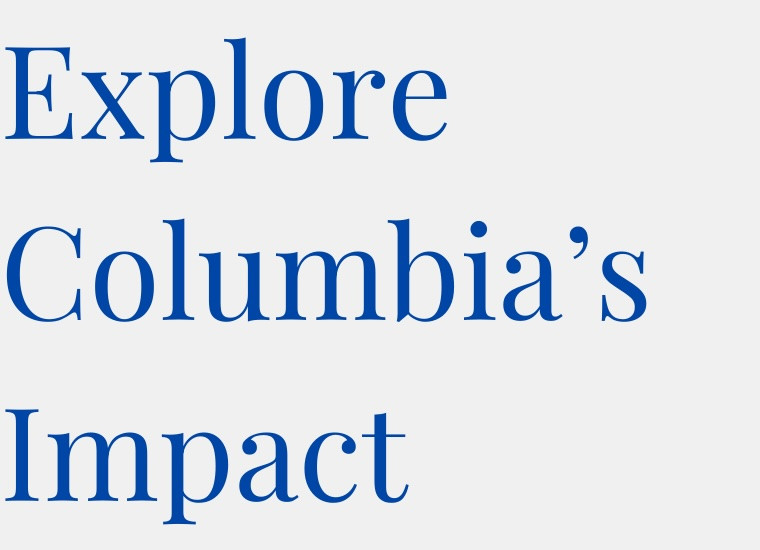
Advancing our world since 1754
The story of Columbia University is one of tradition, innovation, and impact. For more than 270 years, Columbia alumni, faculty, staff, and students have made major contributions to education, science and technology research, the arts, our city, our nation, and the world.
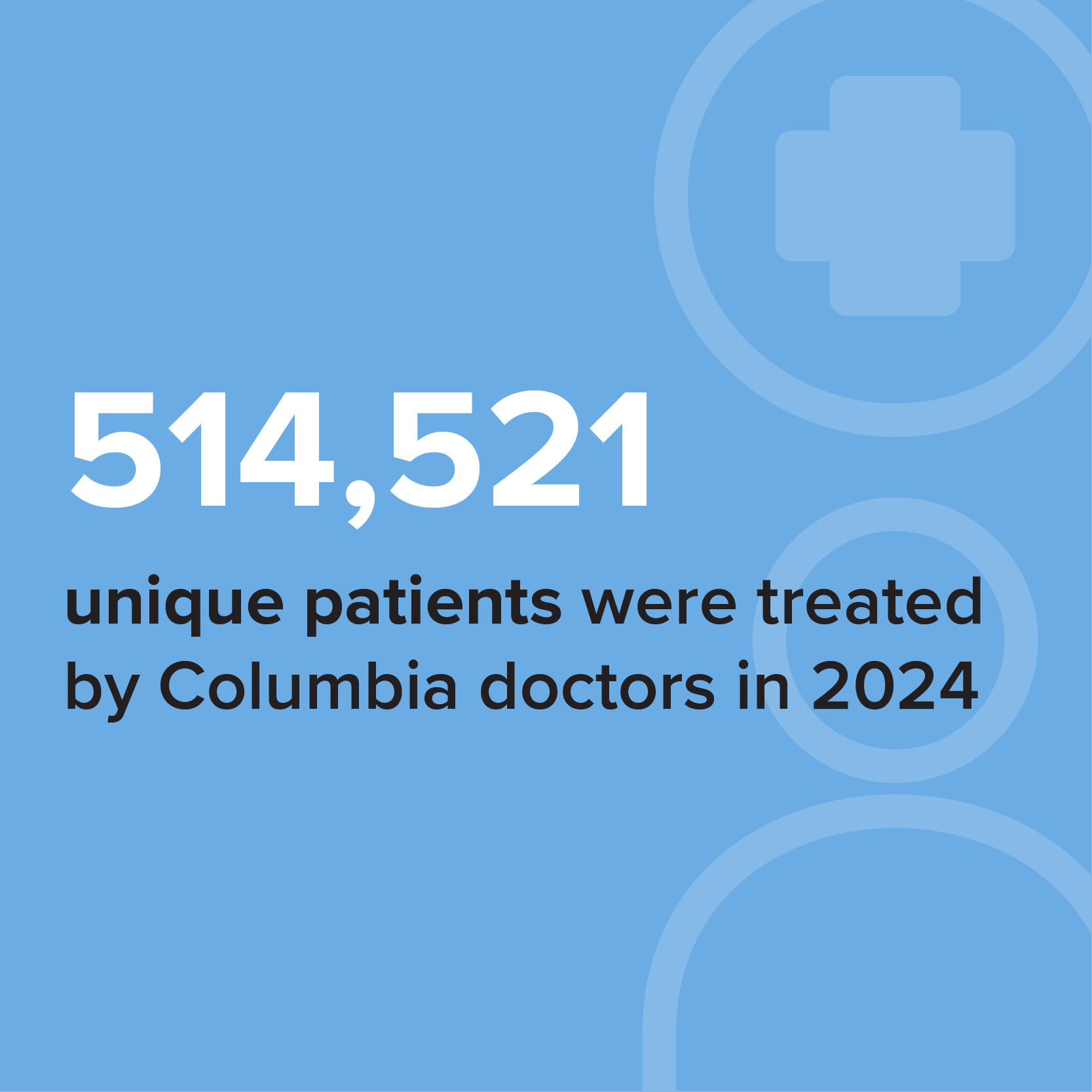
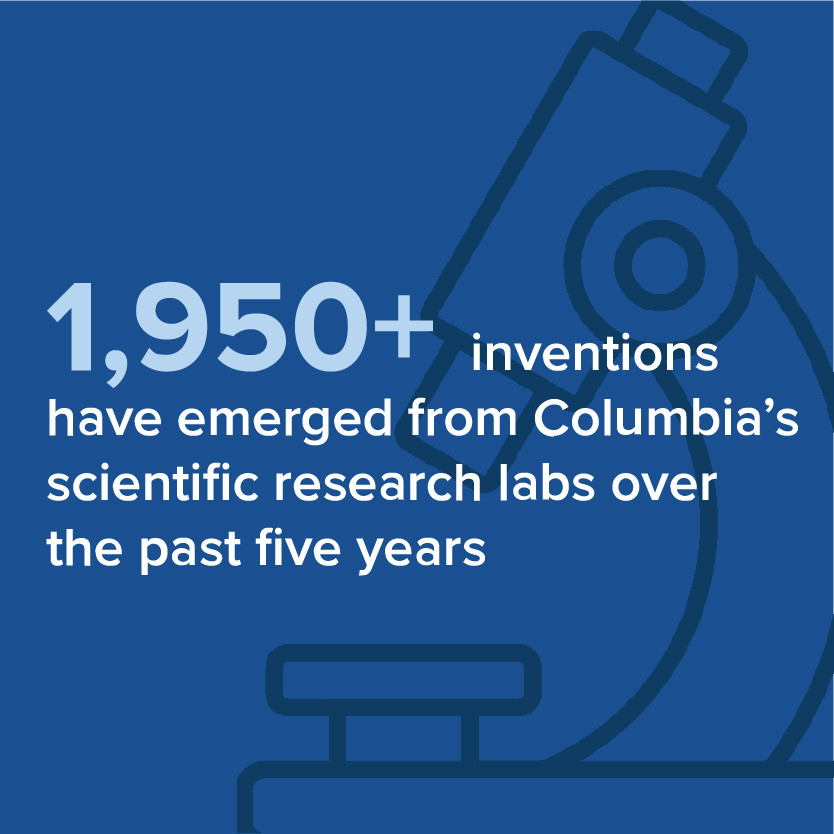
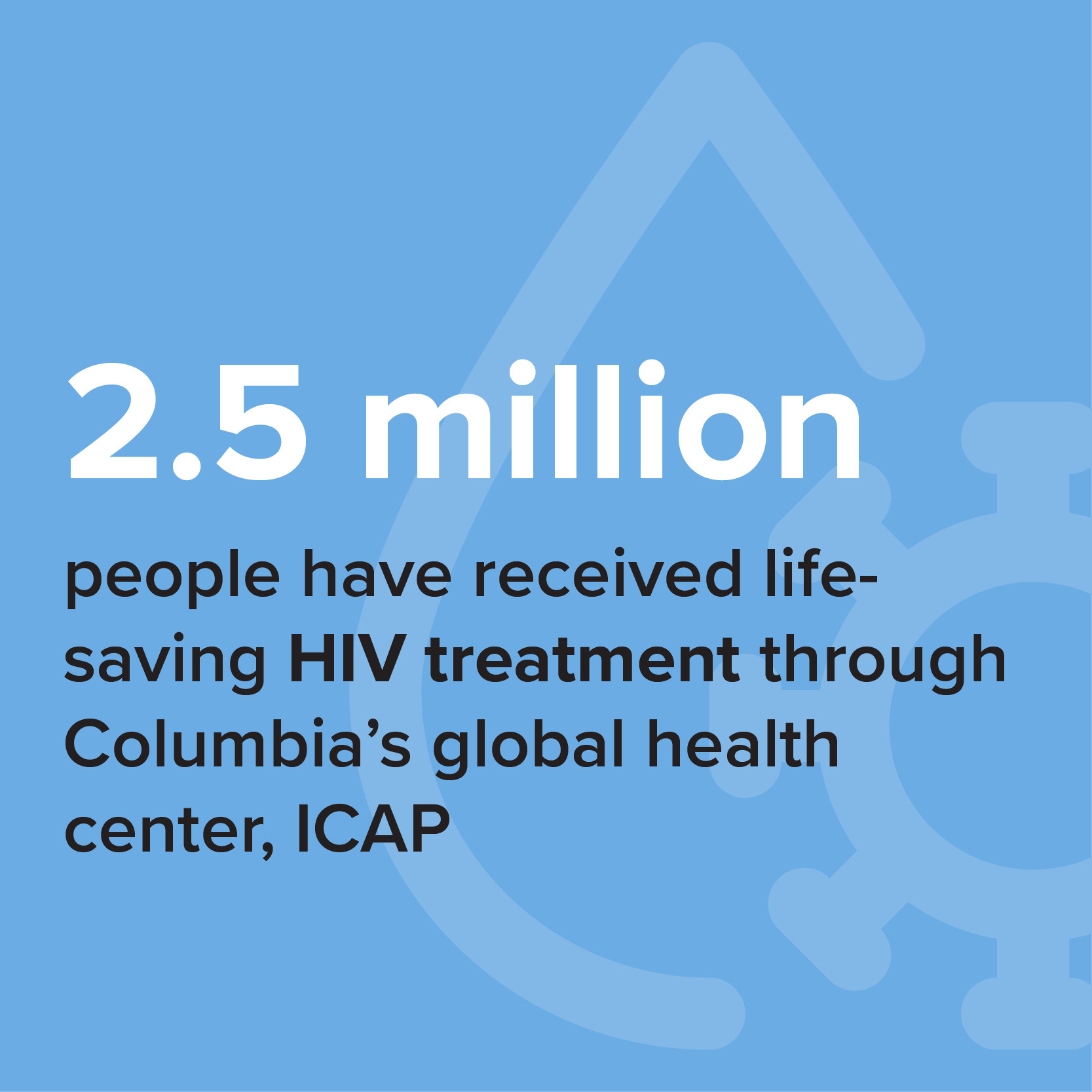
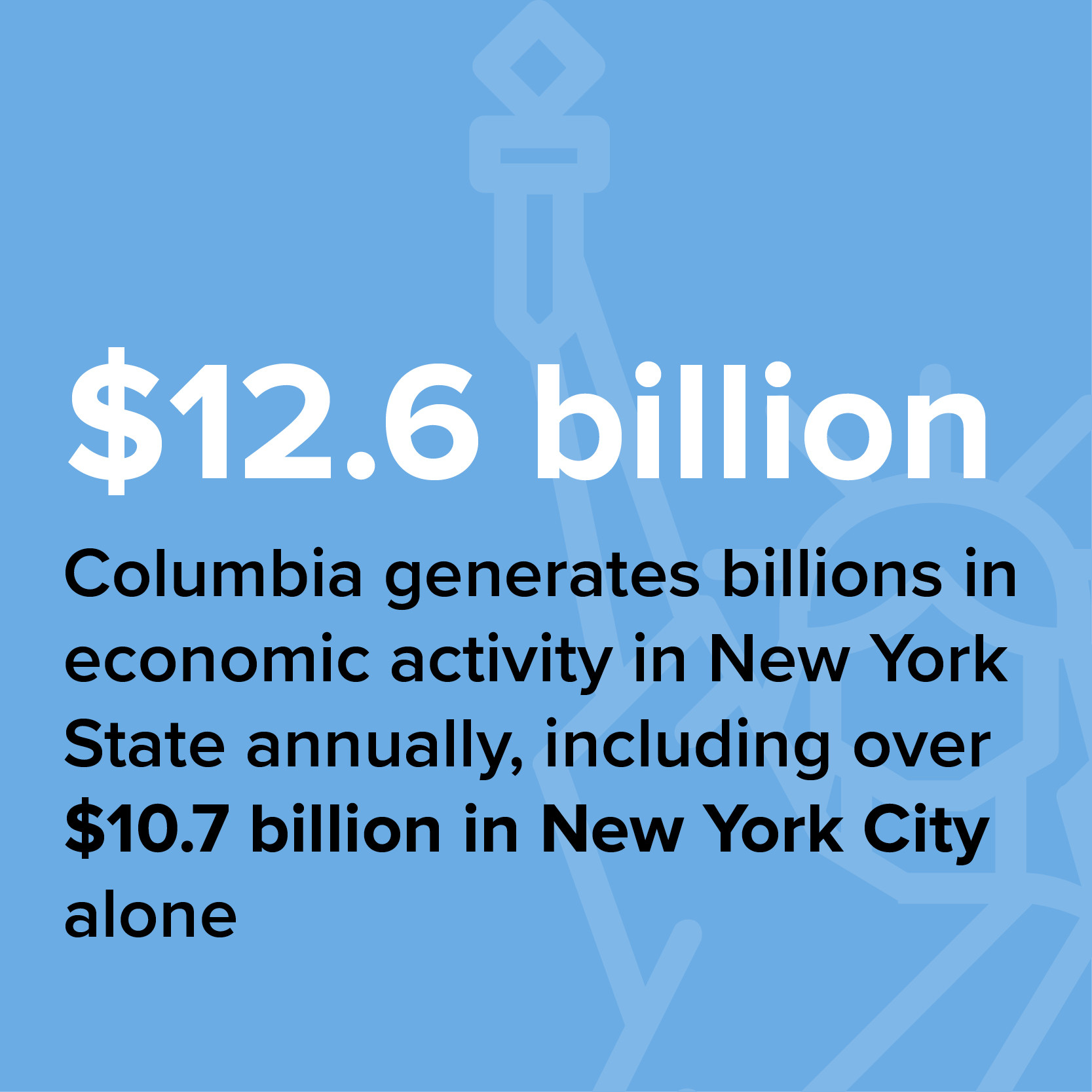
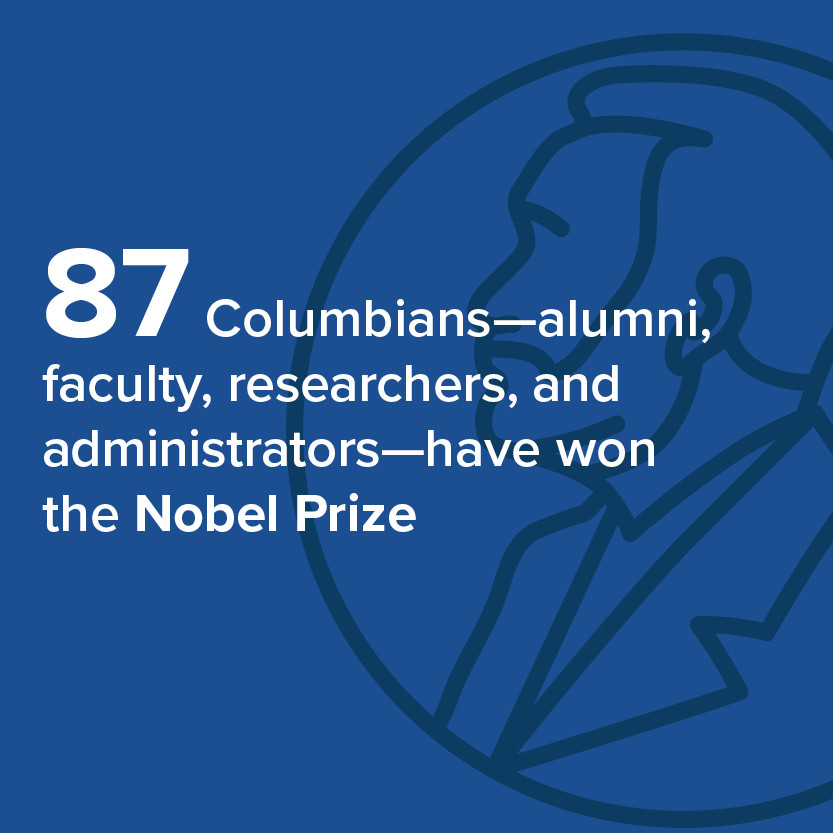
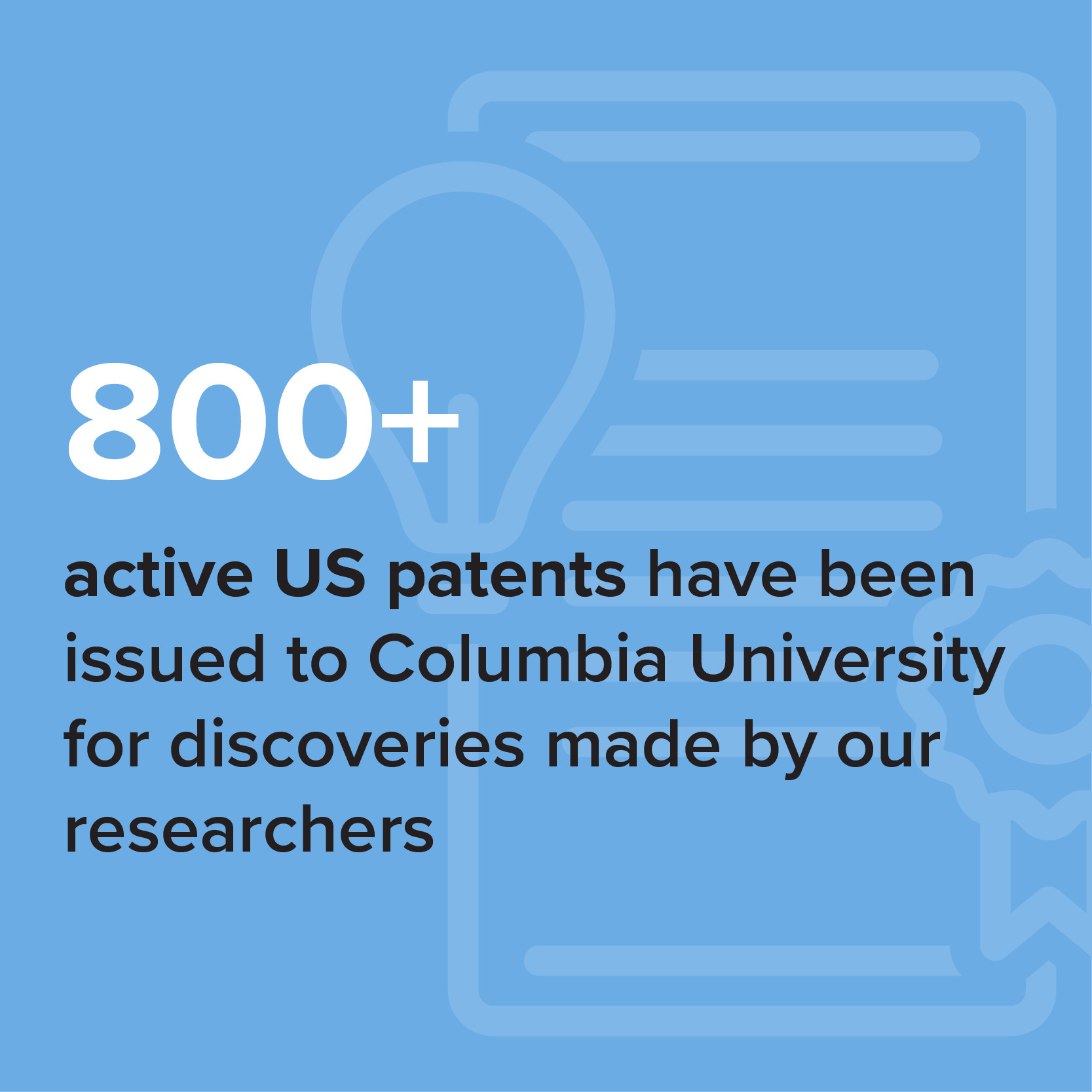


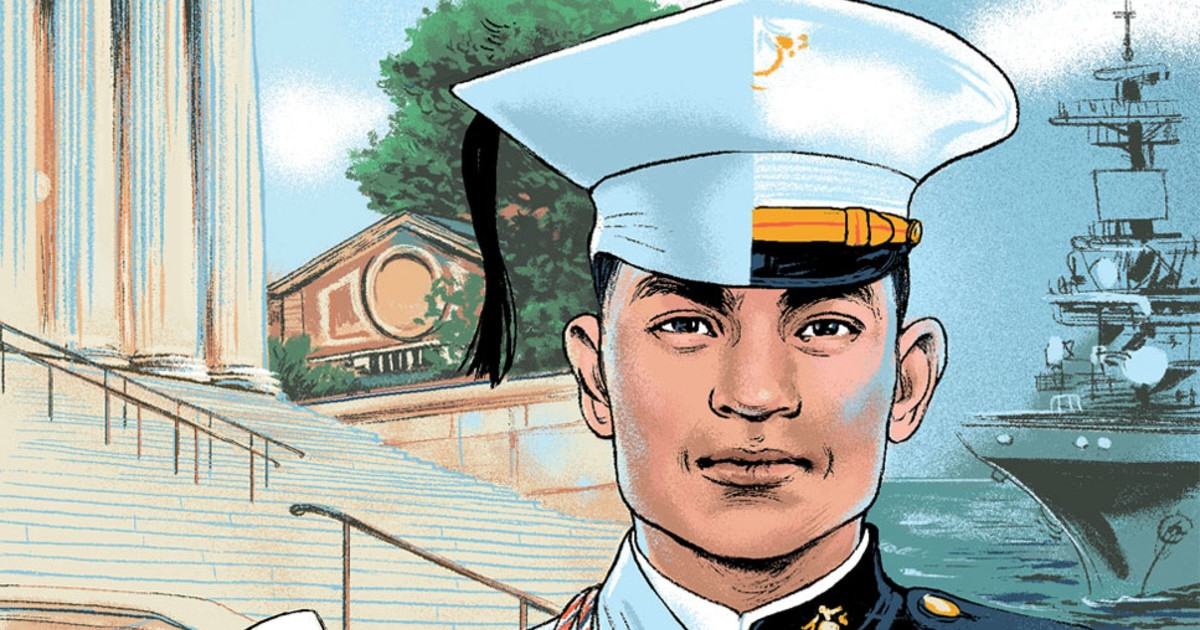
Columbia University stands out as a powerhouse for U.S. military veterans in higher education. More than 650 veterans and their dependents currently study at Columbia. Columbia is also home to one of the Ivy League’s largest student veteran organizations, Military Veterans of Columbia University. Columbia's School of General Studies has over 300 veteran undergraduates, more than any other Ivy League school.
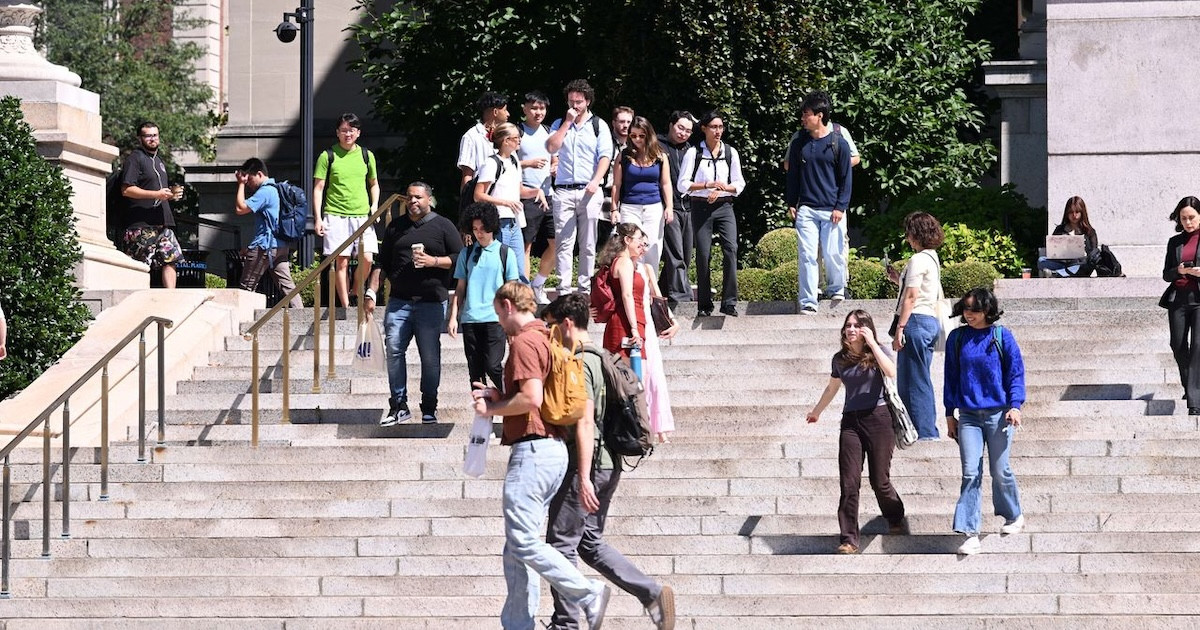
Columbia College and Engineering undergraduates from families with annual incomes less than $150,000 and typical assets are able to attend tuition-free. A significant portion of transfer students at the School of General Studies hail from community colleges, including through Columbia's partnership with the Borough of Manhattan Community College and Hostos Community College.


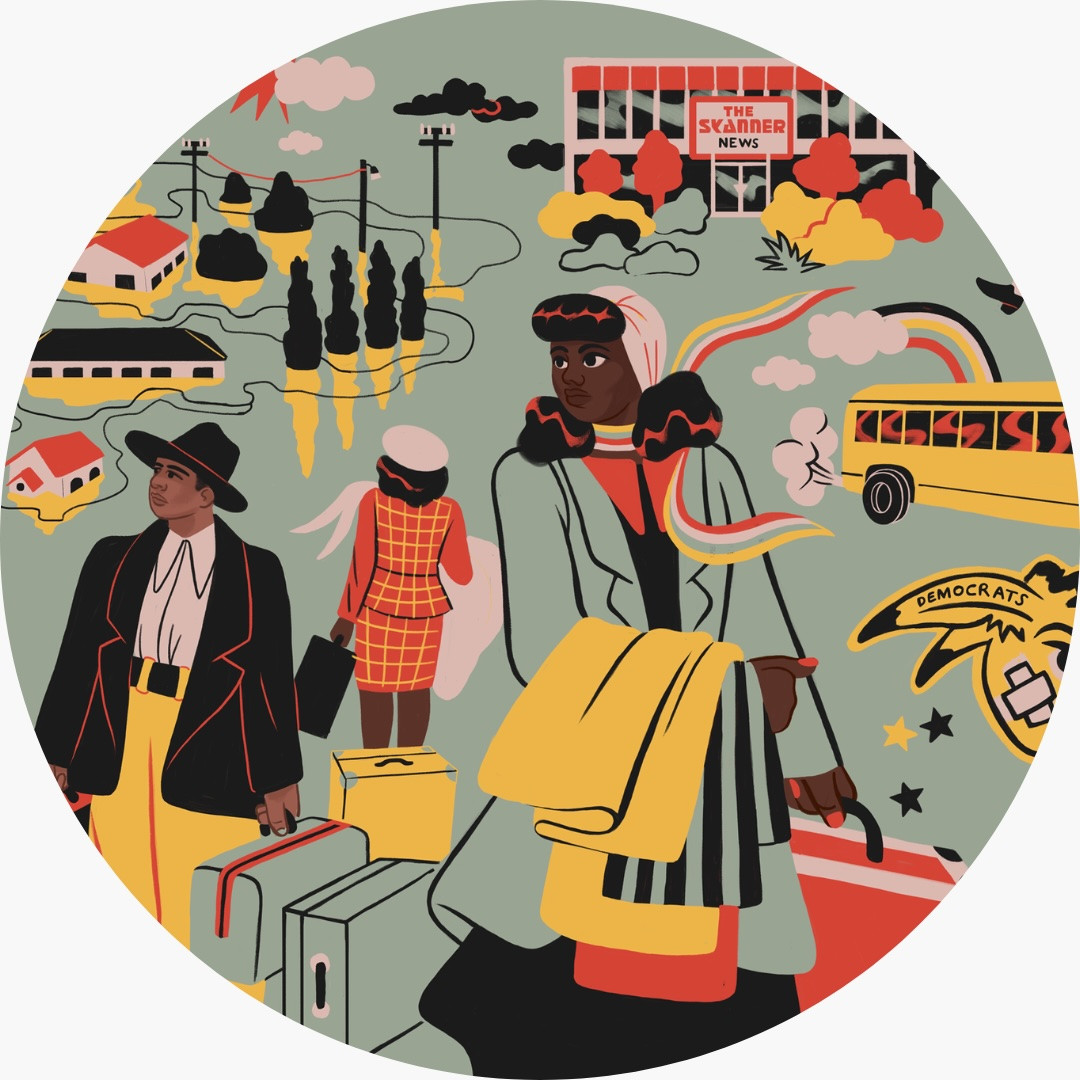
Since its founding in 1948 as the world’s first institutional home of oral history, Columbia’s Center for Oral History Research has been a resource for scholars, students, artists, and many others to mine the living history of New York City and of our world.
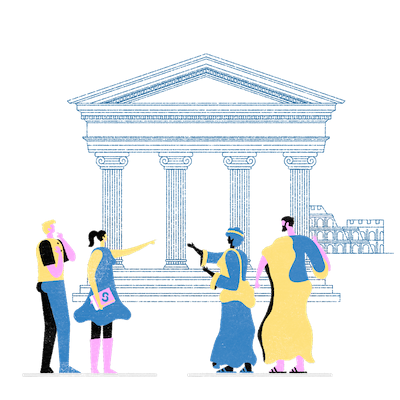
Columbia’s more-than-100-year-old Core Curriculum gives undergraduate students a grounding in the frontiers of science, as well as 2,800 years of literature and philosophy.
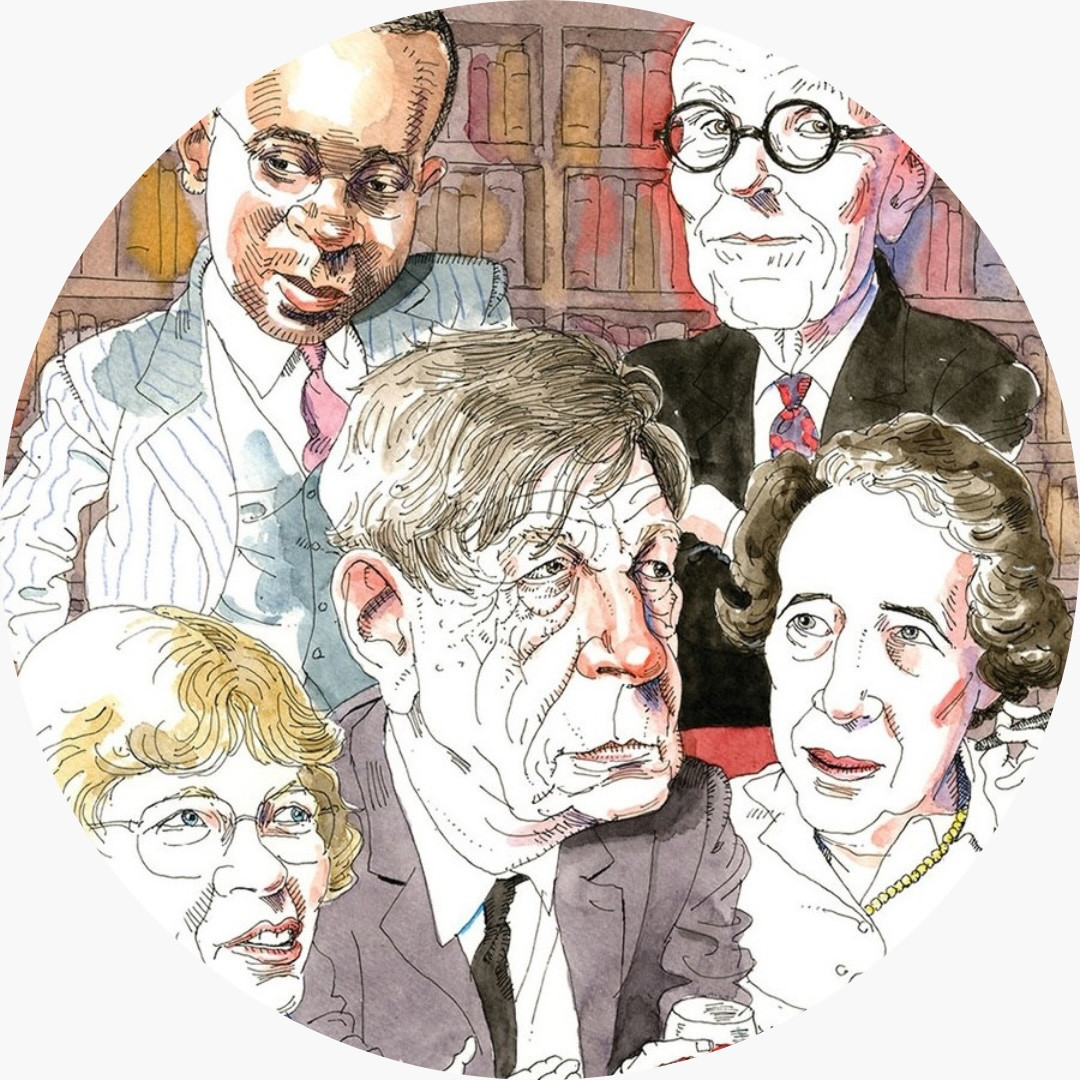
The University Seminars, a series of convenings where leading thinkers debate vital issues facing society, were founded by Frank Tannenbaum, who was a professor of Latin American history at Columbia from 1935 until his retirement in 1962.
Columbians past and present include major thought leaders across every imaginable field, from law to journalism to public policy.
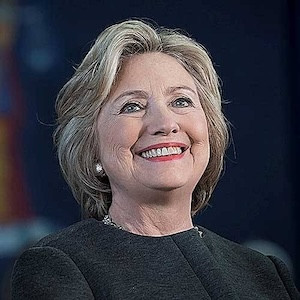
Former United States Secretary of State
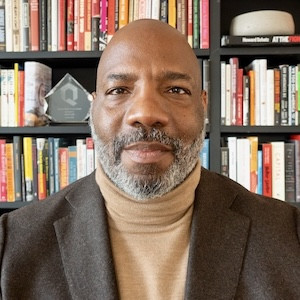
Journalist, historian and Dean of Columbia Journalism School
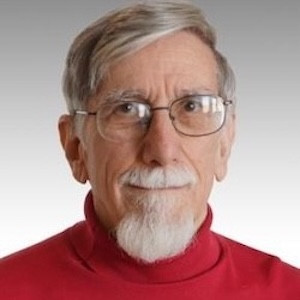
Pioneer in the field of psychology of international relations
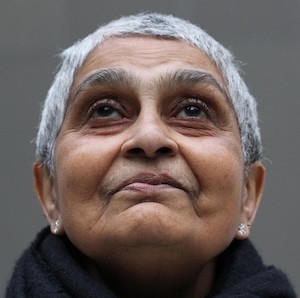
Scholar of literature and postcolonial thought
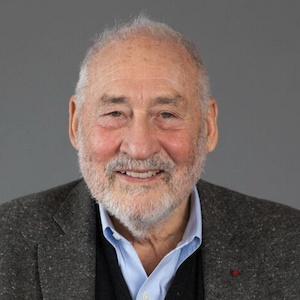
University Professor and Nobel laureate in economics
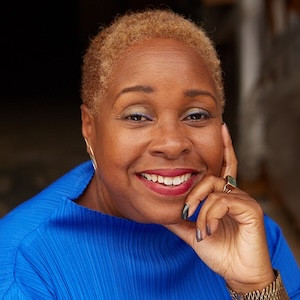
A leading voice in critical studies of architecture and memorials

Our alumni include major leaders across a range of sectors, including business, science, sports, the arts, and politics. Five Founding Fathers of the United States, an author of the United States Constitution, and three United States presidents attended Columbia.
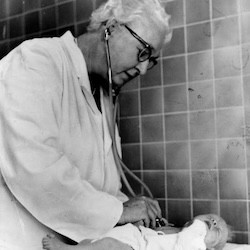
A founder of the field of neonatology
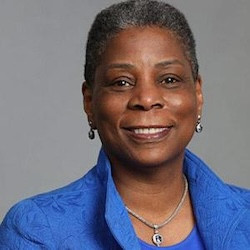
The former CEO of Xerox Corporation

